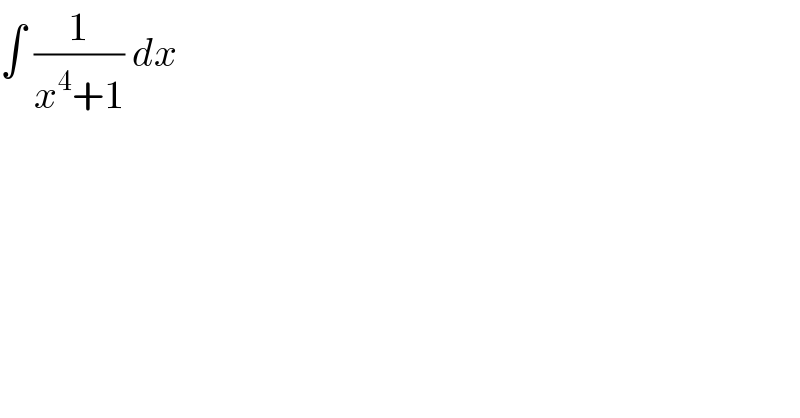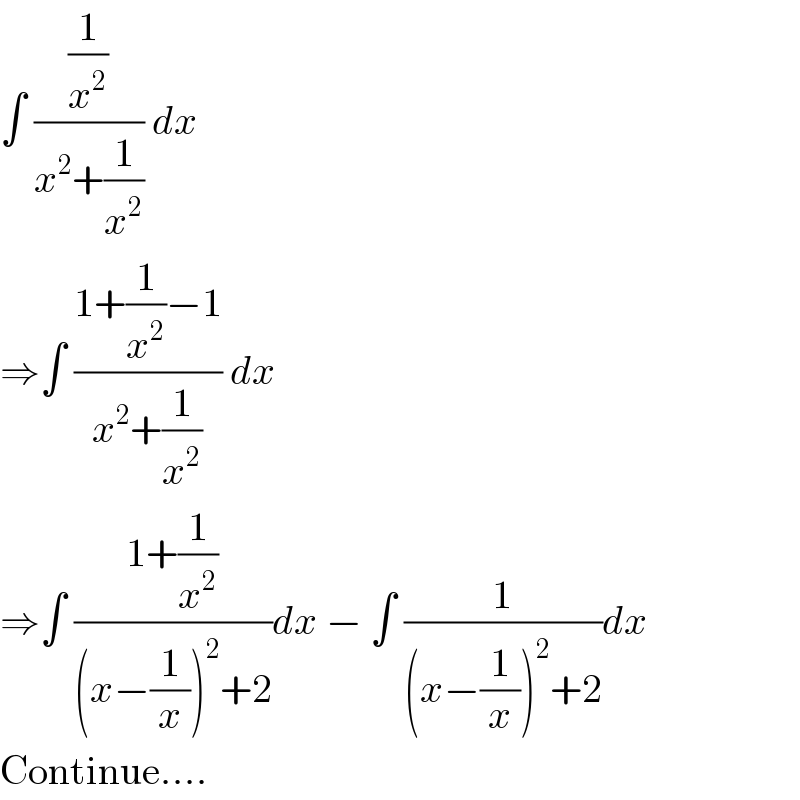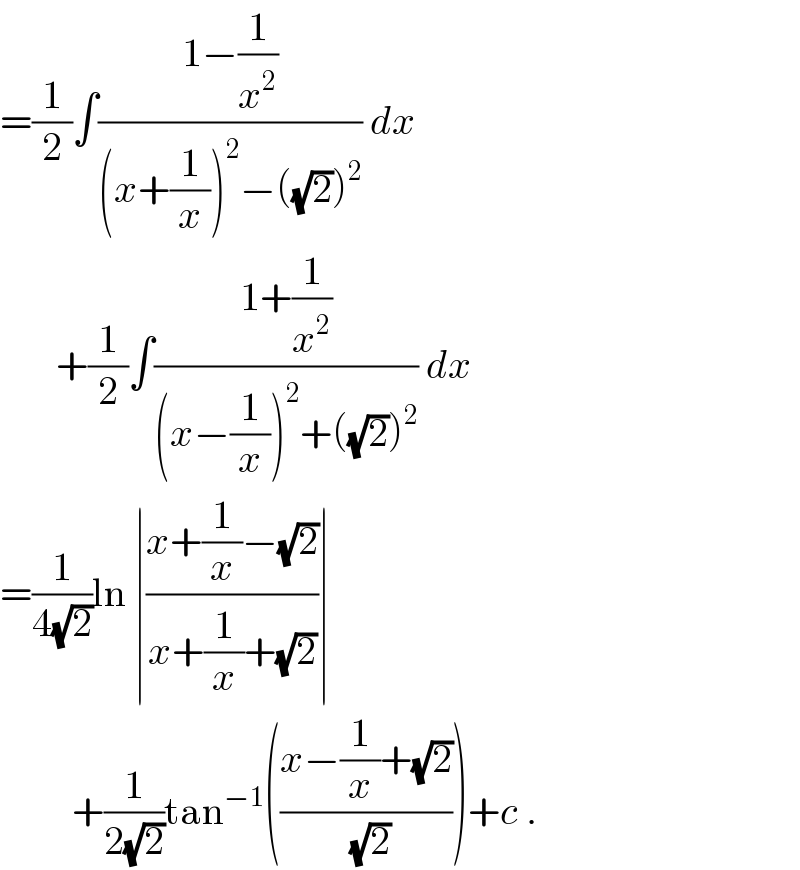
Question and Answers Forum
Question Number 36649 by rahul 19 last updated on 03/Jun/18

Commented by rahul 19 last updated on 03/Jun/18

Commented by rahul 19 last updated on 03/Jun/18

Commented by abdo mathsup last updated on 03/Jun/18

Commented by abdo mathsup last updated on 04/Jun/18

Answered by ajfour last updated on 03/Jun/18

